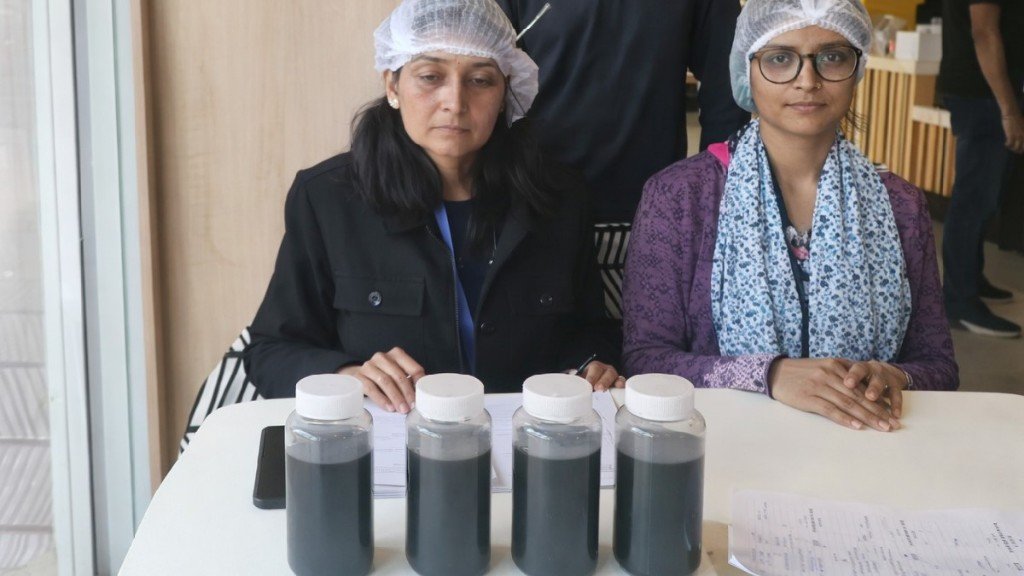Traditional white breads have been known to be bad for those susceptible to or suffering from high blood sugar or diabetes. This is why health experts recommend removing all kinds of breads made from refined flours, from a diabetic's diet. However, there is a type of bread that may actually benefit people suffering from high blood sugar- high-amylose wheat bread. According to a new study, consuming high-amylose wheat bread may lower blood sugar levels and prevent diabetes, which is a lifestyle disease that is becoming increasingly common among urban-dwelling populace nowadays. Amylose is one of the two major components of starch, which makes up approximately 20 to 30 per cent. Normally, easily digestible starch is considered bad for diabetics as it raises blood sugar levels.
The study titled, "High-Amylose Wheat Lowers the Postprandial Glycemic Response to Bread in Healthy Adults: A Randomized Controlled Crossover Trial" was published in The Journal of Nutrition. For the study, the researchers asked 20 non-diabetic and healthy men and women to consume either a glucose-rich beverage or four different types of breads, each 121 grams. Low Amylose Wheat Refined (LAW-R), Low Amylose Wheat Whole (LAW-W), High Amylose Refined (HAW-R) or High Amylose Wheat Whole (HAW-W). The researchers then measured the levels of blood glucose, insulin, incretin hormone and ghrelin, from the venous blood samples collected before and at regular intervals for three hours after the breakfast.
They also measured levels of satiety or fulfillment and cravings in the postprandial period. The researchers found that HAW bread had a glycemic response of 39 per cent lesser than what could be achieved with conventional breads. However, HAW bread didn't influence ghrelin in plasma or levels of satiety or cravings. The study concluded by saying, "Replacing LAW with HAW flour may be an effective strategy for lowering postprandial glycemic and insulinemic responses to bread in healthy men and women, but further research is warranted."
(This content including advice provides generic information only. It is in no way a substitute for qualified medical opinion. Always consult a specialist or your own doctor for more information. NDTV does not claim responsibility for this information.)









